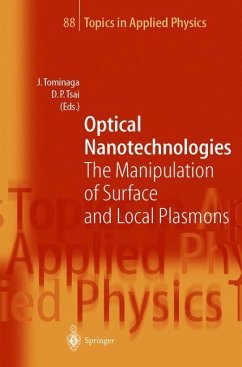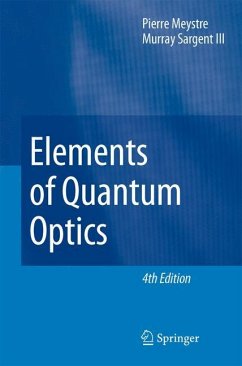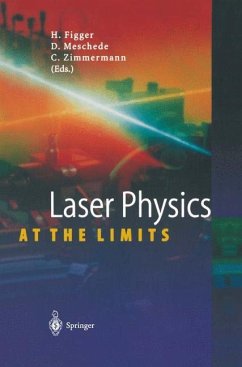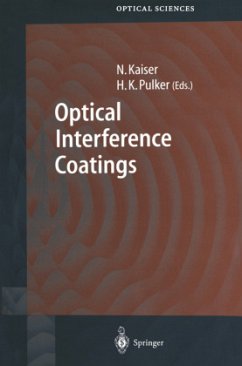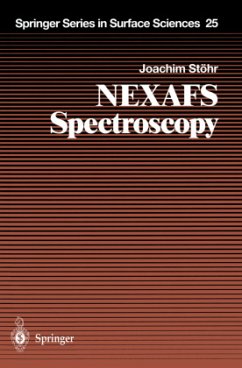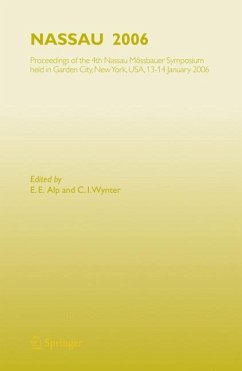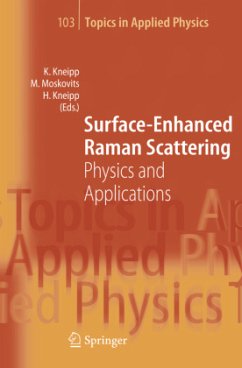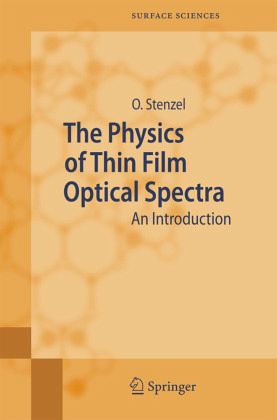
The Physics of Thin Film Optical Spectra
An Introduction
Versandkostenfrei!
Versandfertig in 6-10 Tagen
113,99 €
inkl. MwSt.
Weitere Ausgaben:

PAYBACK Punkte
57 °P sammeln!
The present monograph represents itself as a tutorial to the ?eld of optical properties of thin solid ?lms. It is neither a handbook for the thin ?lm prac- tioner,noranintroductiontointerferencecoatingsdesign,norareviewonthe latest developments in the ?eld. Instead, it is a textbook which shall bridge the gap between ground level knowledge on optics, electrodynamics, qu- tummechanics,andsolidstatephysicsononehand,andthemorespecialized level of knowledge presumed in typical thin ?lm optical research papers on the other hand. In writing this preface, I feel it makes sense to comment on three poi...
The present monograph represents itself as a tutorial to the ?eld of optical properties of thin solid ?lms. It is neither a handbook for the thin ?lm prac- tioner,noranintroductiontointerferencecoatingsdesign,norareviewonthe latest developments in the ?eld. Instead, it is a textbook which shall bridge the gap between ground level knowledge on optics, electrodynamics, qu- tummechanics,andsolidstatephysicsononehand,andthemorespecialized level of knowledge presumed in typical thin ?lm optical research papers on the other hand. In writing this preface, I feel it makes sense to comment on three points, which all seem to me equally important. They arise from the following (- tually interconnected) three questions: 1. Who can bene?t from reading this book? 2. What is the origin of the particular material selection in this book? 3. Who encouraged and supported me in writing this book? Let me start with the ?rst question, the intended readership of this book. It should be of use for anybody, who is involved into the analysis of - tical spectra of a thin ?lm sample, no matter whether the sample has been prepared for optical or other applications. Thin ?lm spectroscopy may be r- evant in semiconductor physics, solar cell development, physical chemistry, optoelectronics, and optical coatings development, to give just a few ex- ples. The book supplies the reader with the necessary theoretical apparatus for understanding and modelling the features of the recorded transmission and re?ection spectra.





